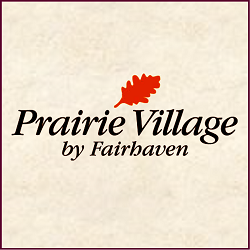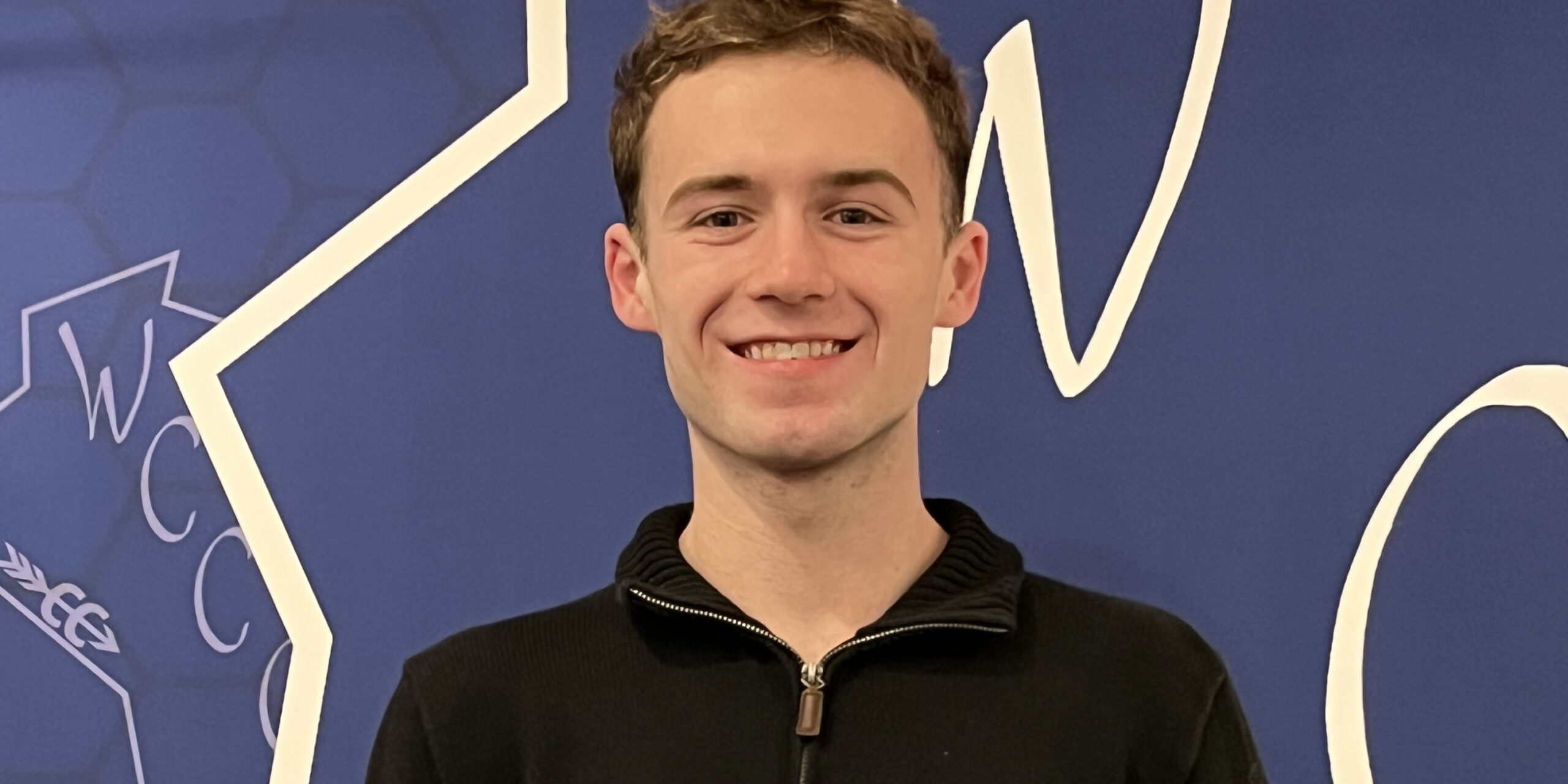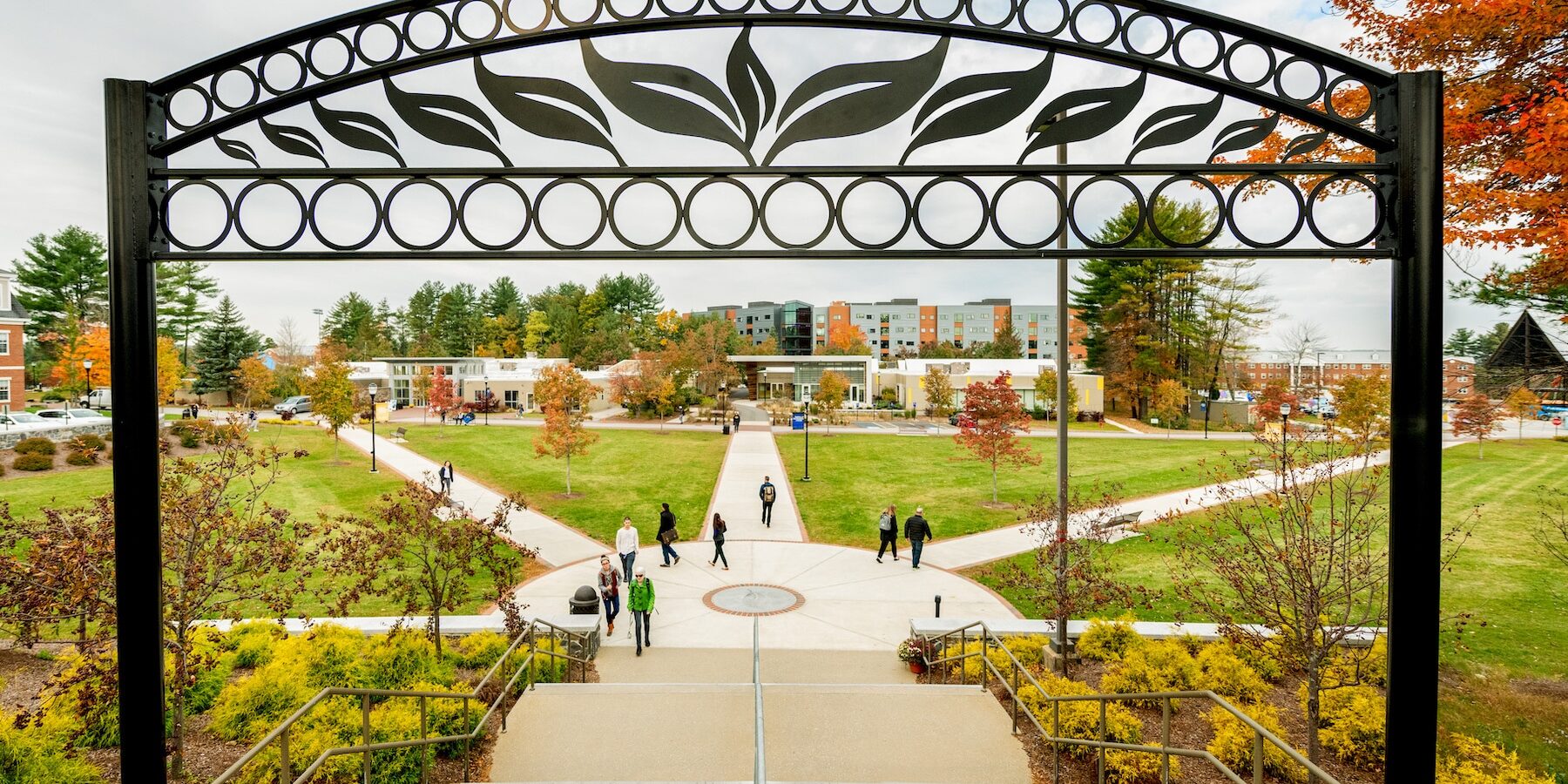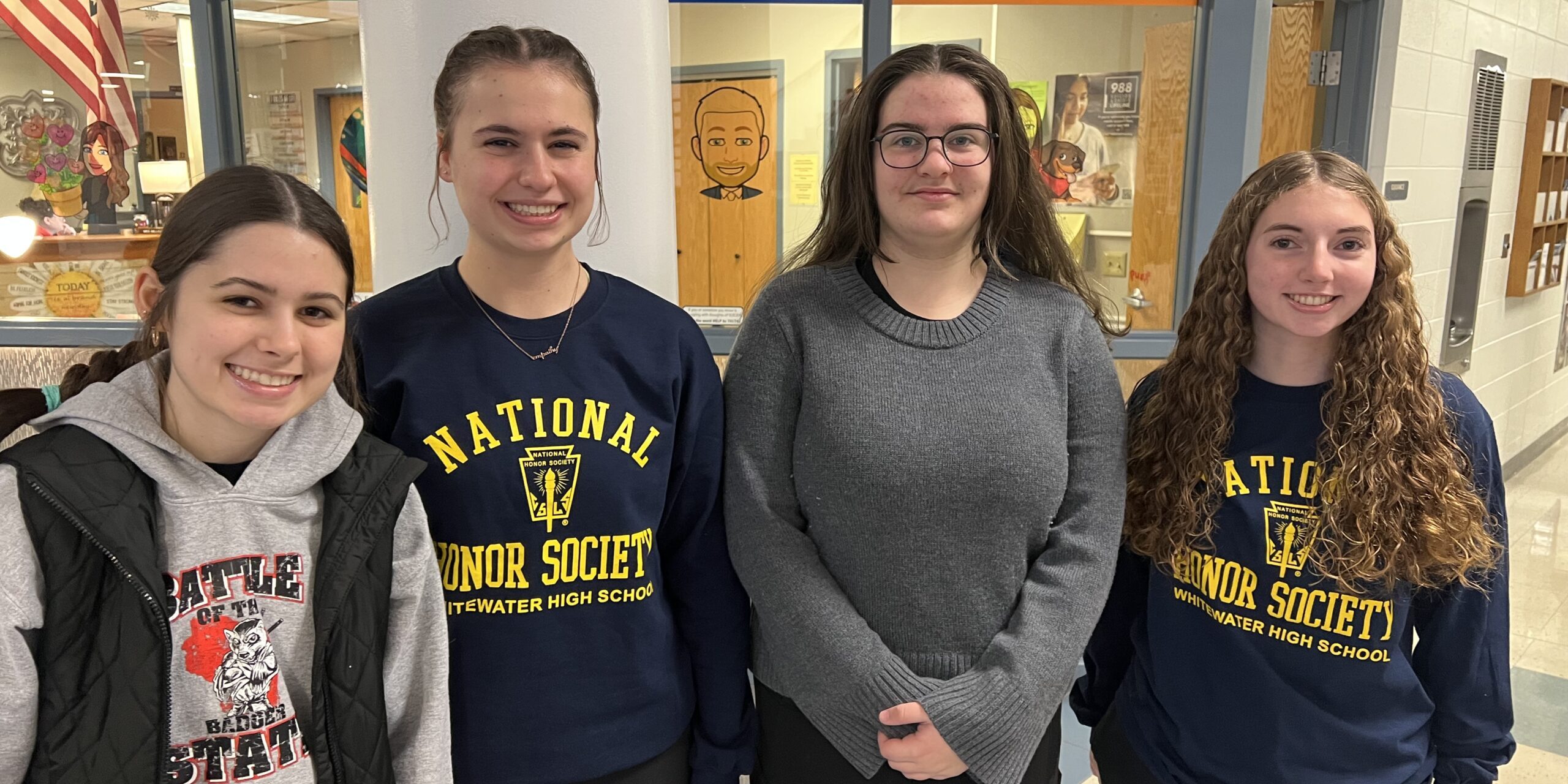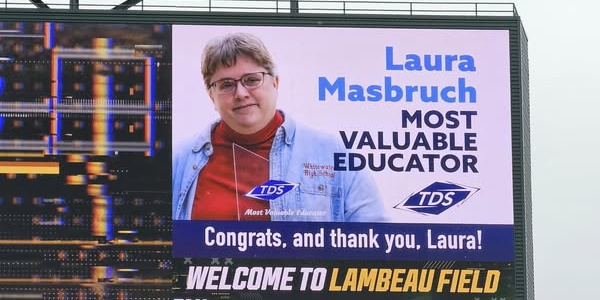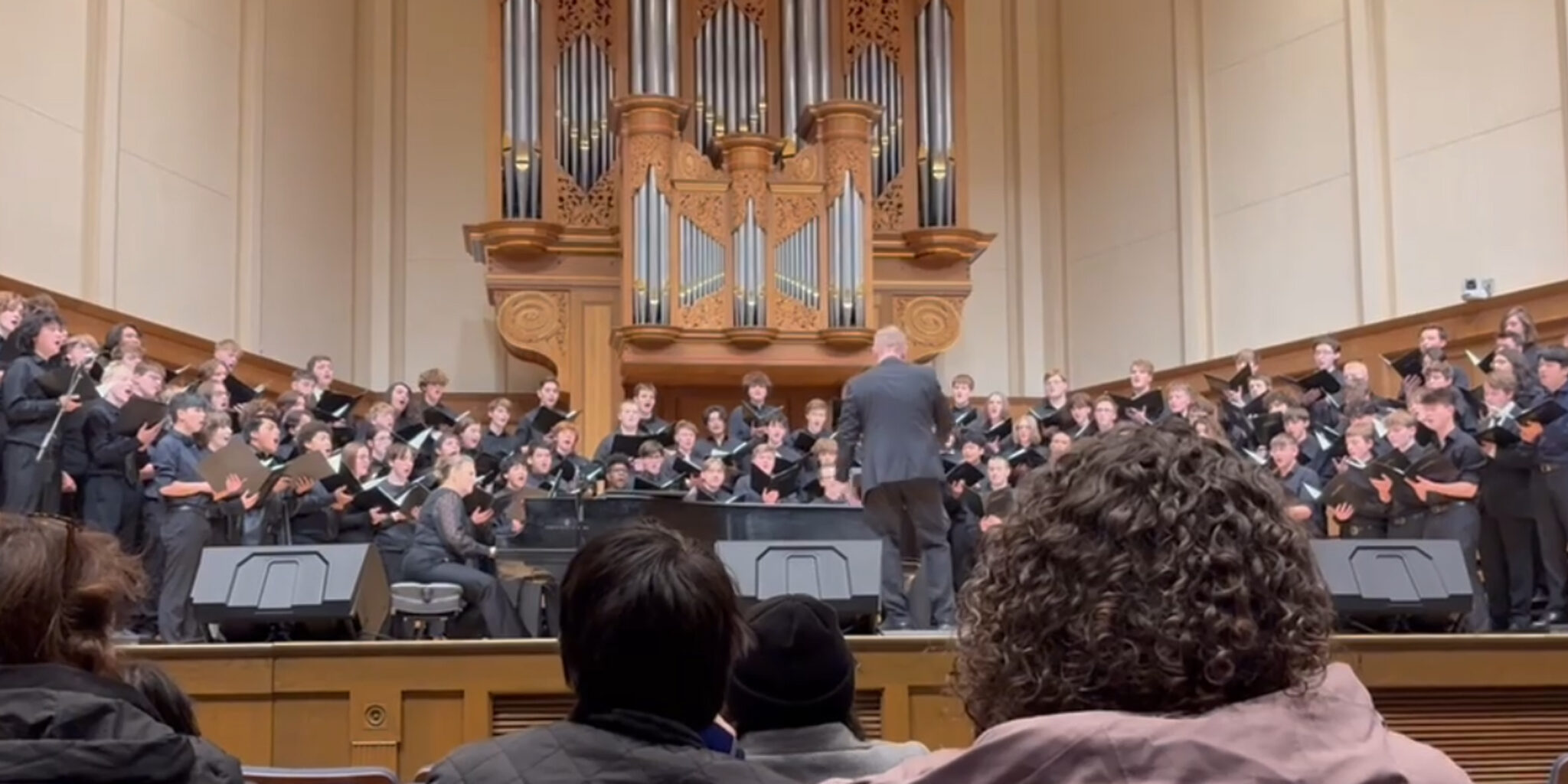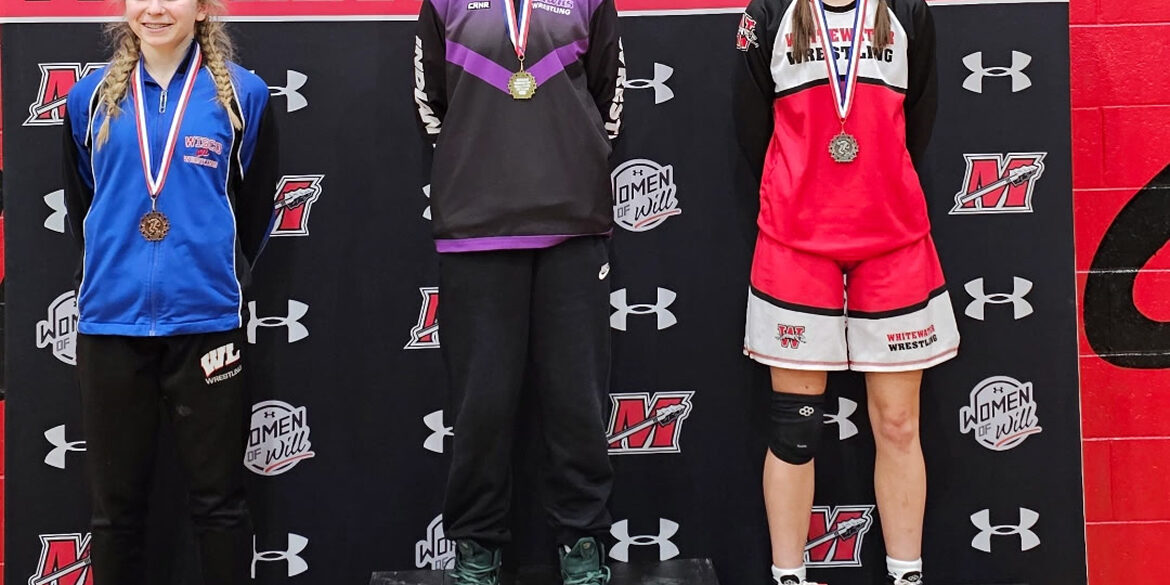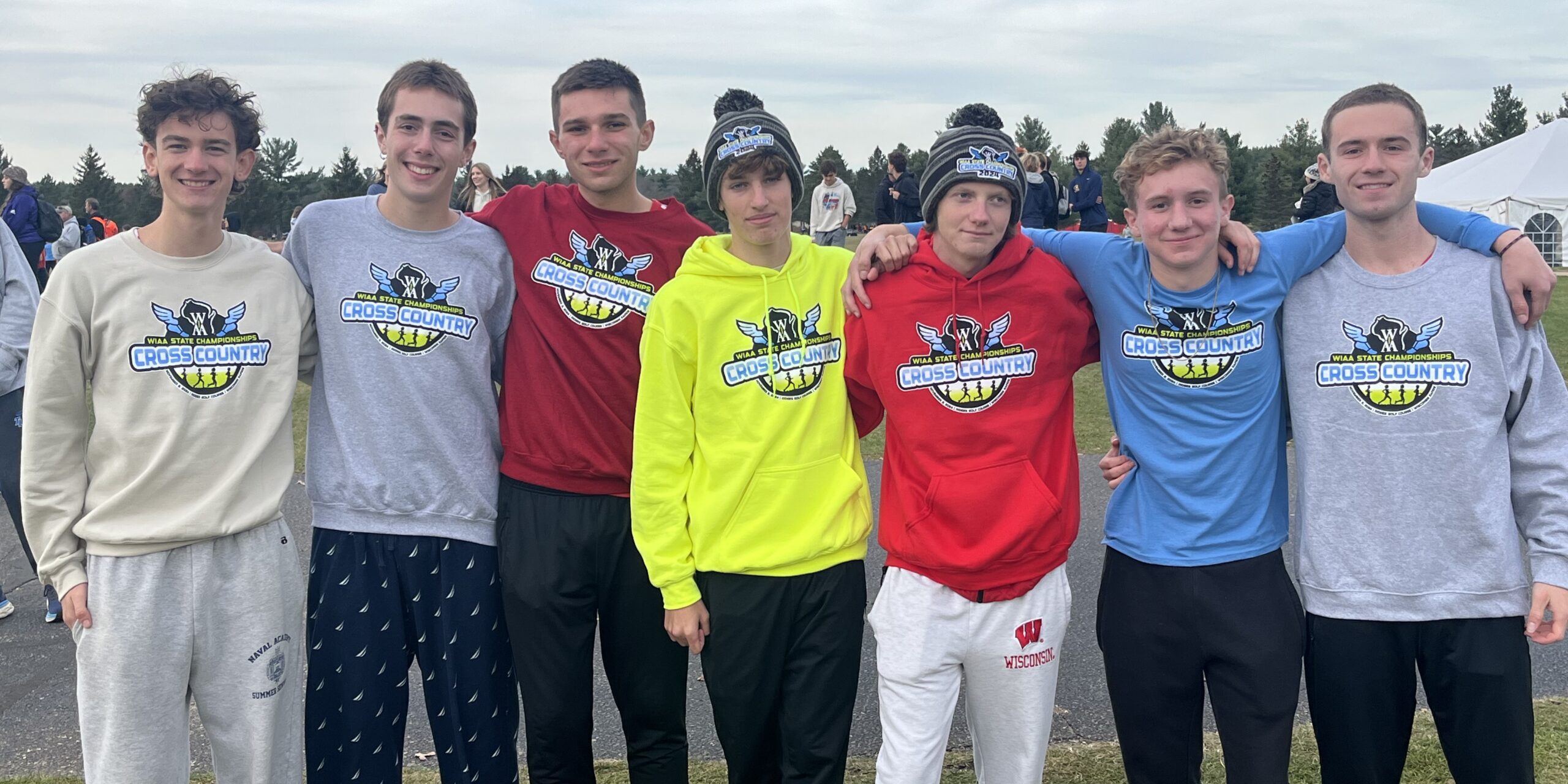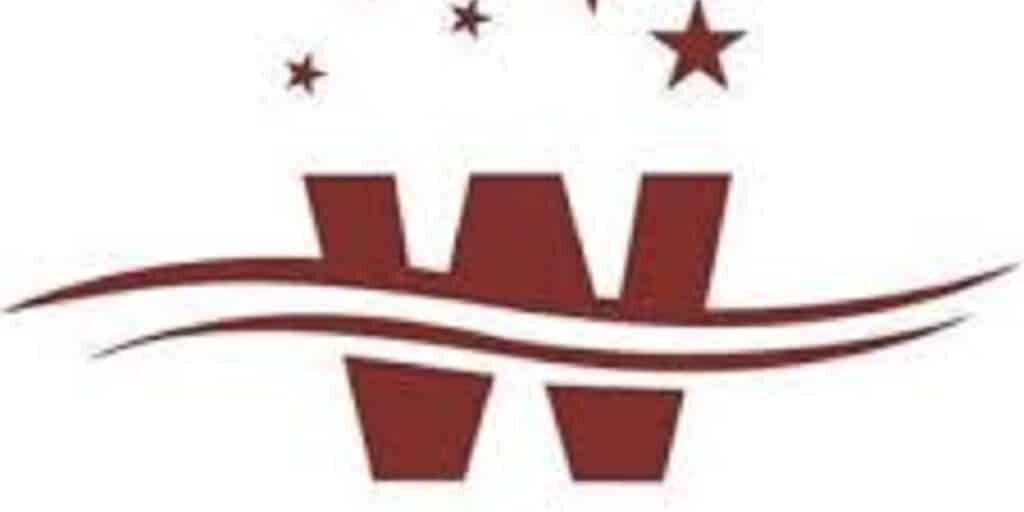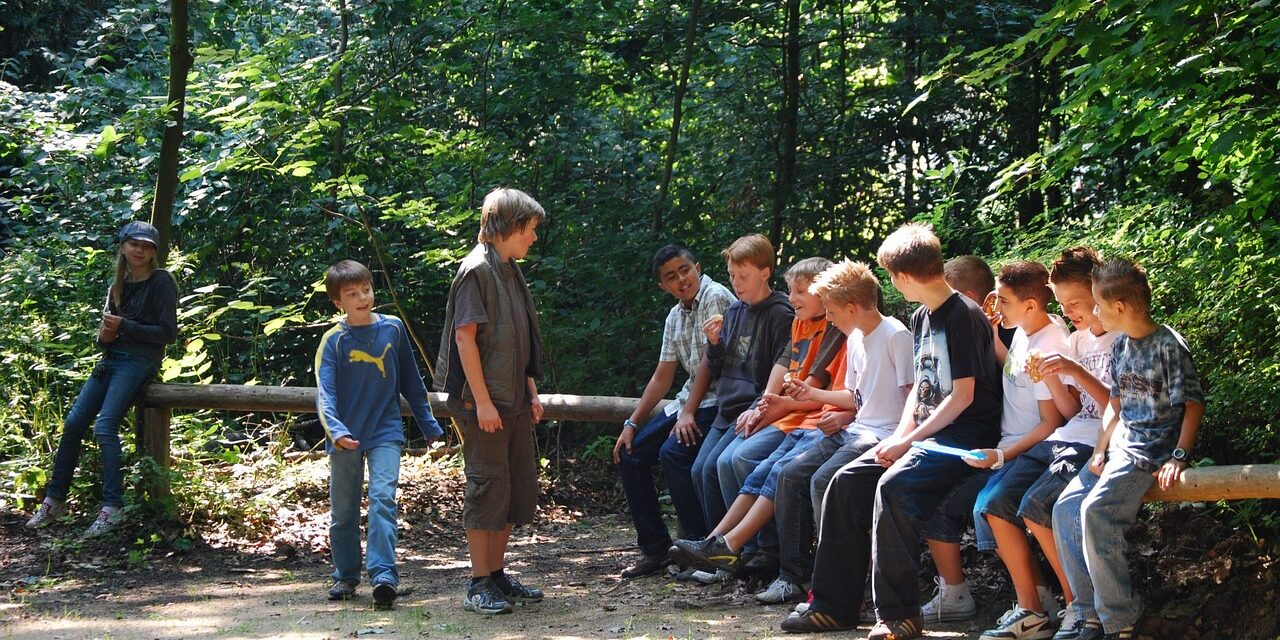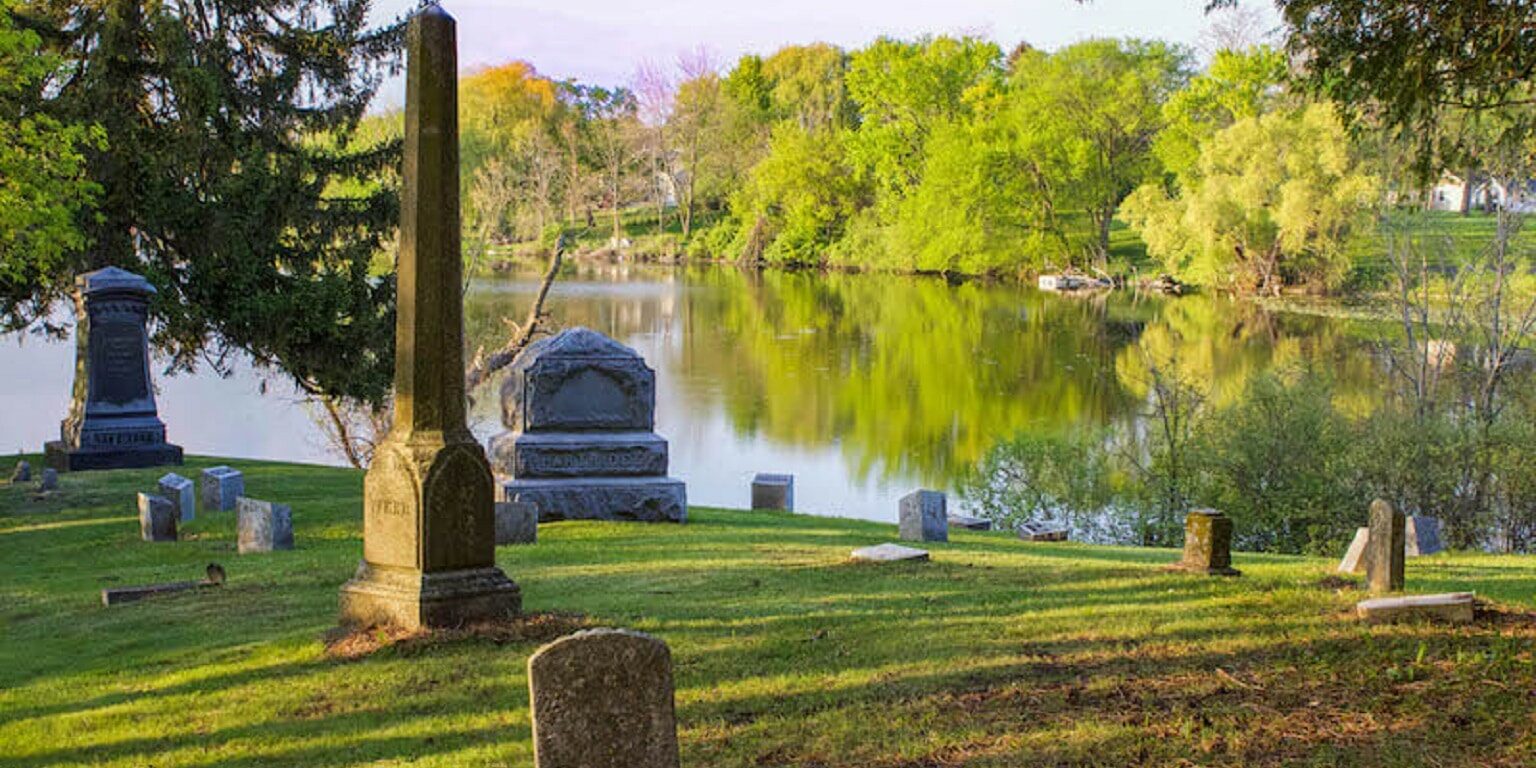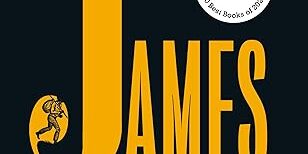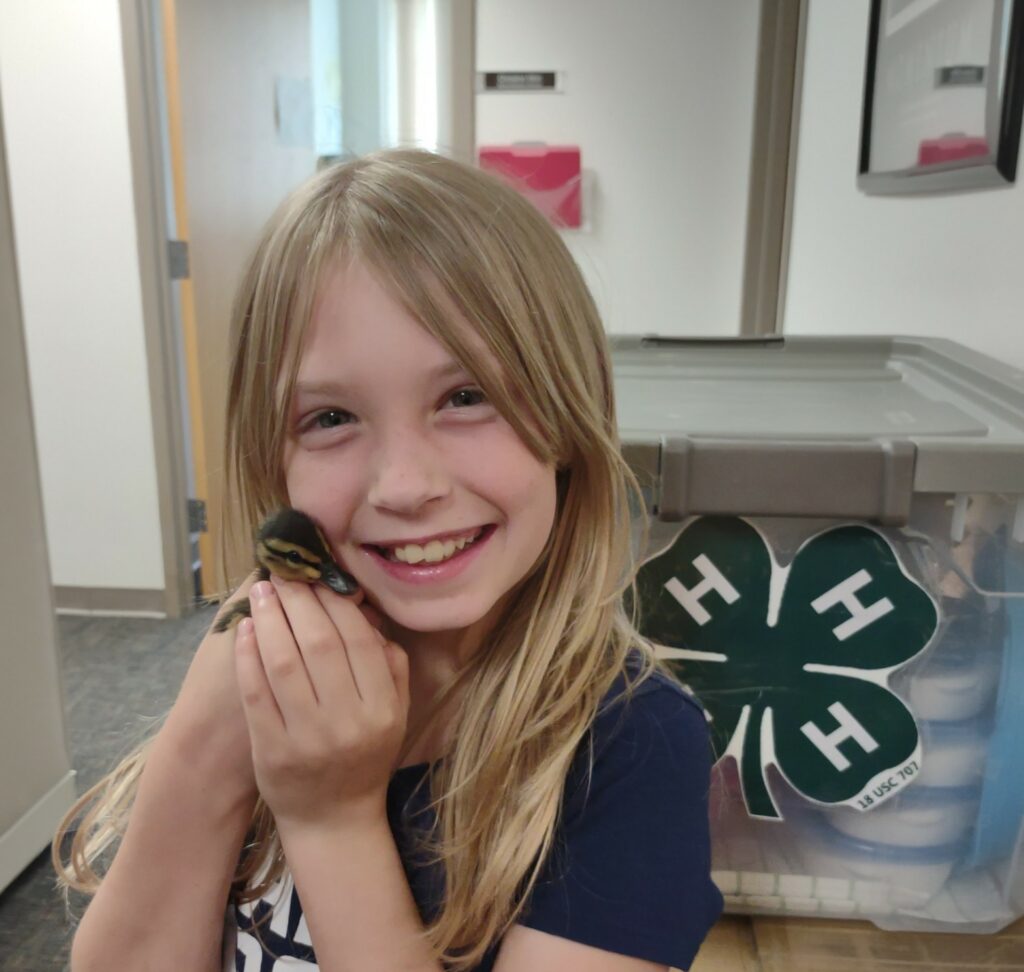
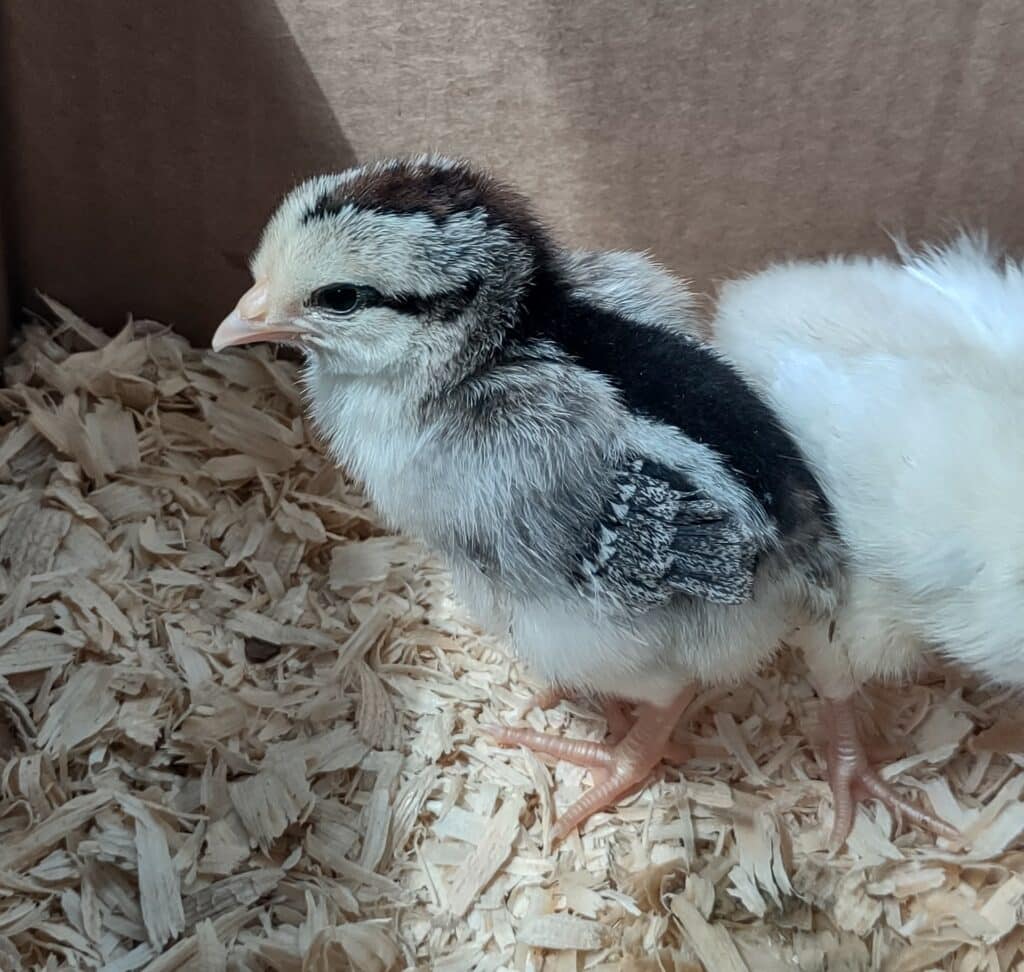
Editor’s note: The following press release was provided by Debbie Harris, 4-H Youth Development Educator, University of Wisconsin-Madison Division of Extension–Walworth County
During the cold days of winter, who can’t help but daydream about warm spring days bursting with new life? Students in 20 Walworth County classrooms won’t be daydreaming this May when they hear the pipping and peeping of newly hatched chicks coming directly from inside their room. As participants in the Walworth County 4-H Eggsploring Incubation Science Lab, these students will truly have a bird’s-eye view of the miracle and fragility of new life.
Eggsploring Incubation is one of eight science-based 4-H school outreach opportunities available to Walworth County K-8 teachers. During the 3-4 week program period, teachers can focus on leading an unforgettable incubation and embryology experience for their students; not worrying about logistics. All of the equipment and resources needed for the lab are dropped
off and picked back up in a timely fashion, and homes for the resulting chicks and ducklings are arranged entirely by the 4-H staff.
Eggsploring Incubation offers a unique opportunity for students to explore a wide range of science concepts while building science and life skills. From the moment they begin to set up the incubator until the last chick leaves the brooder box for life in the coop, students will be growing science abilities (observing, comparing, measuring, relating, and predicting) and building important life skills (planning and organizing, keeping records, problem solving, decision making, self-responsibility, compassion, empathy, and gratitude). They will also learn important science concepts such as temperature, humidity, food science, genetics, fertilization, life cycles, and physiology.
As stated by one recent participating teacher, “my students were totally engaged and eager to ‘check on the chick eggs and chicks’ throughout the entire school day. To explain life cycles through pictures is one thing; through video even better. Hands-on is fantastic! Through candling, they can actually see the growth!”
As noted by another teacher, “[Students] were blown away when we candled the eggs, and they saw movement inside! They learned all about chickens and can be confident the eggs they buy to eat do not have chicks inside.”
“This experience is the base for the many things students will build upon in life, not just in school,” said a third classroom teacher. “They will remember this long after elementary school.”
Now in its 13th year, Eggsploring Incubation has touched the lives of more than 5,600 Walworth County students and become a core part of participating teachers’ annual lesson planning. In addition to using the many books, visuals, and activities included, most program veterans have developed their own special science, reading, writing, or art assignments to give the experience
a personal touch. Journaling of some kind is a popular student “ask.” Other examples of specialized activities teachers say they have fashioned include dissecting eggs, making egg diagrams, building dioramas representative of the major components of incubators or brooder boxes, preparing reports and posters focused on chicken or duck breeds, and crafting illustrated “books” about the experience in its entirety. Most classrooms also host a steady stream of visitors, both youth and adults, excited to meet their hatchlings.
“Children stop in every year to ask if I will be having chicks again,” one teacher wrote in an evaluation, “even children who weren’t actually ever in my class. I have also had a couple of parents request their children be placed in my room partly because of this wonderful experience.”
“This program is fantastic in that it completely supports a teacher in making science hands-on,” another teacher stated. “The Extension staff is so helpful and responsive in answering all of my questions, as I am in no way a farmer. It is amazing that all of the resources you need are provided. This is a highlight of my school every year.”
“I always appreciate how well organized the program is, as well as all of the supplies and learning materials that are provided. “ “I love that the program is available to me. I couldn’t do all the leg work myself or afford the equipment,” a couple of additional teachers added.
What did participating students say about their experience in 2023? Evaluation data collected from 186 youth showed that 99% agreed that the experience taught them something brand new. Ninety-five percent said it changed the way they think about eggs and what’s inside them, and 97% agreed that it helped them appreciate how fragile life is. Some things they found to be
particularly memorable included: seeing tiny beaks emerge through the “pip holes” in the eggs during hatch; how noisy chicks could be; how long it took for the babies to hatch; the fact that some chicks were more dominant than others; and how “slimy, wet, and gross” they were when they first emerged from the egg.
Eggsploring Incubation 4-H Science Lab sign-up is open until March 1 or whenever equipment for loan runs out. You can learn more about THIS Walworth County 4-H Science Lab and the other labs at https://go.wisc.edu/9ac0d1. Confirm availability and schedule your lab with Debbie Harris at 262-741-4959 or deborah.harris@wisc.edu. Then, fill out the registration form
at https://go.wisc.edu/6fyahc. Due to limited equipment and staff capacity, 4-H Science Labs are open only to Walworth County teachers.
4-H is a Positive Youth Development Program of UW-Madison Division of Extension. Learn more about 4-H community club opportunities at https://walworth.extension.wisc.edu/.






